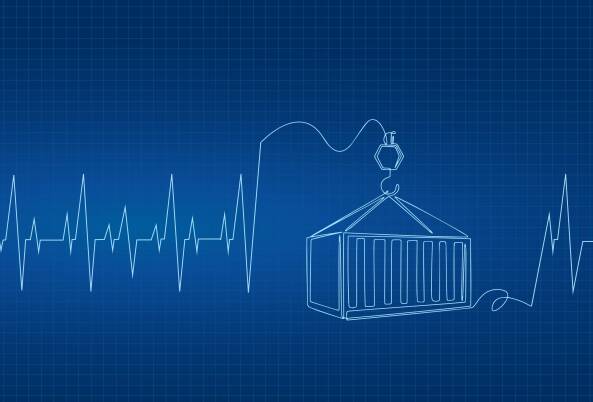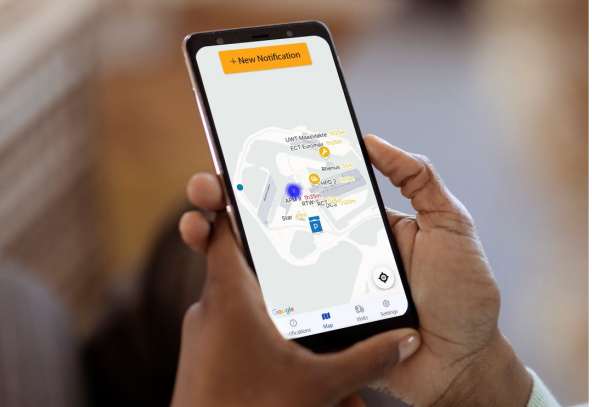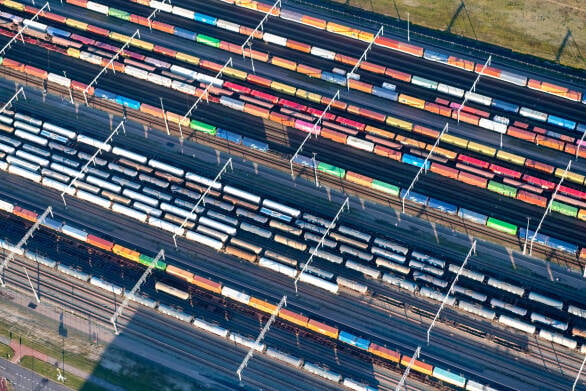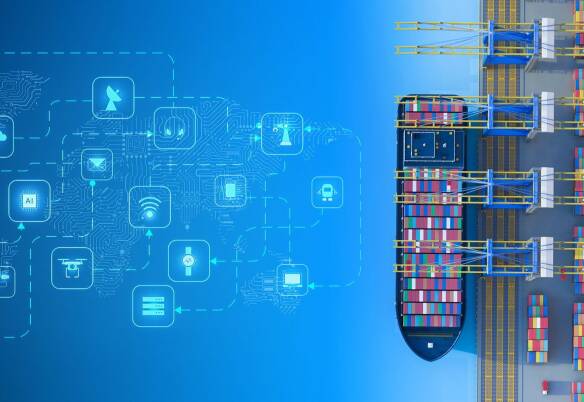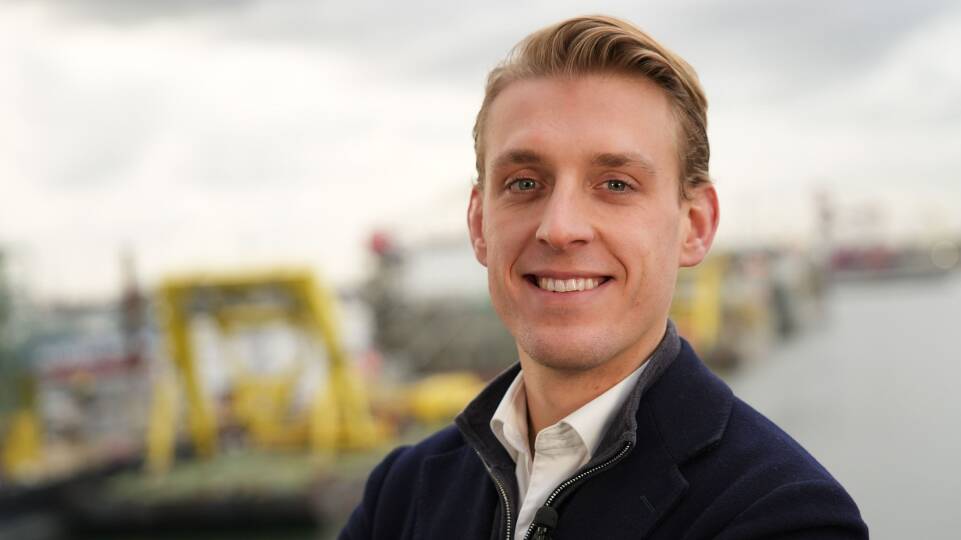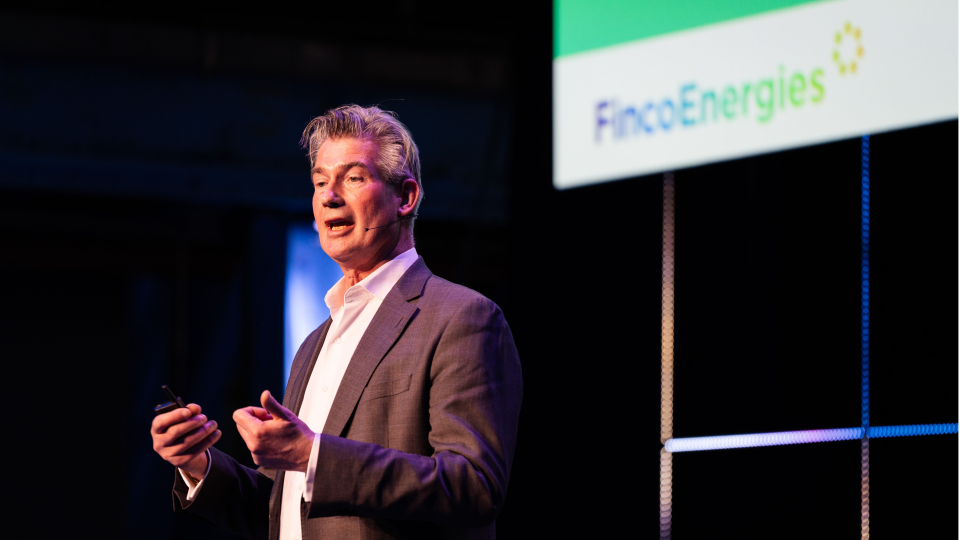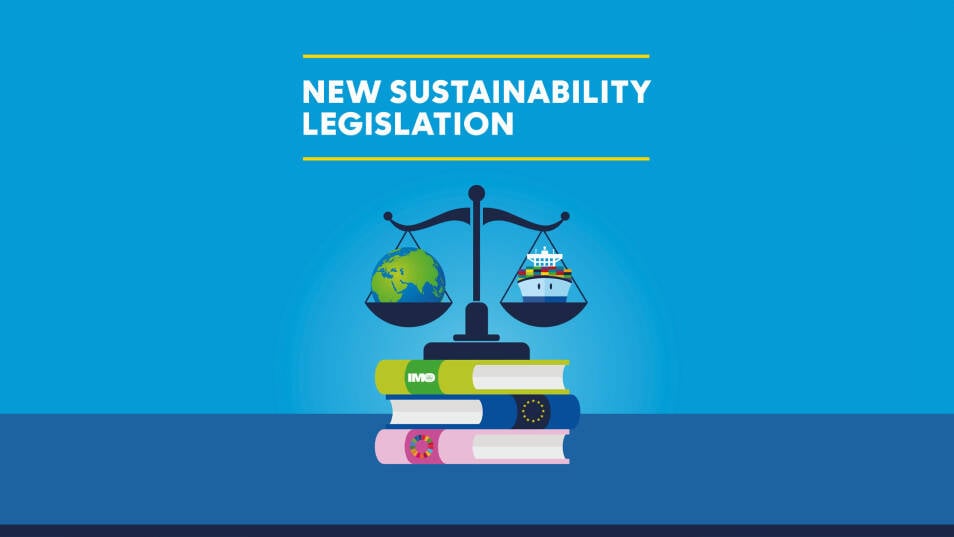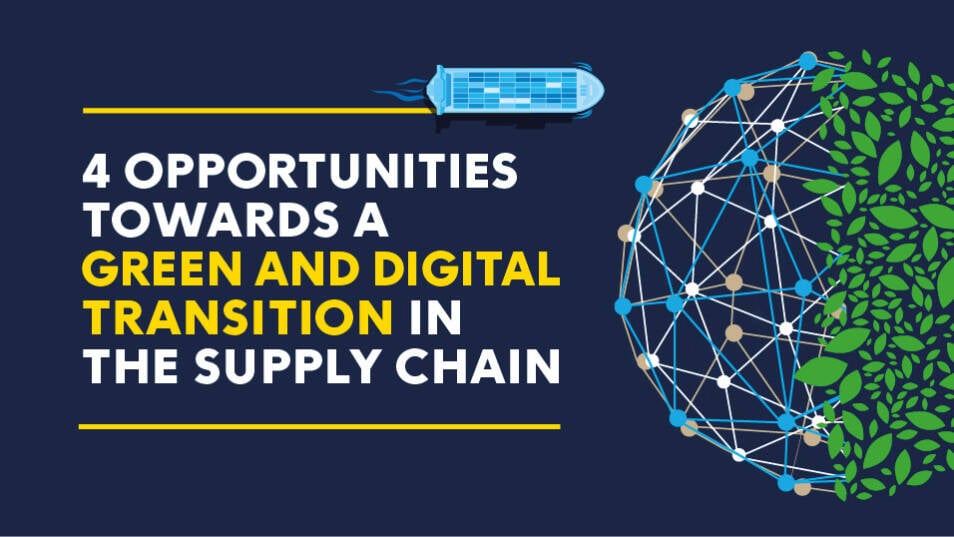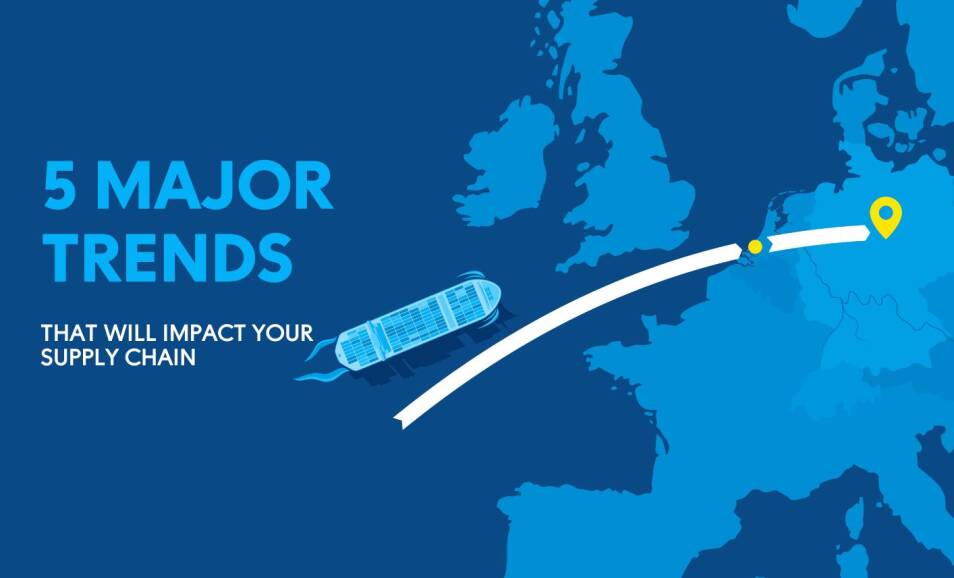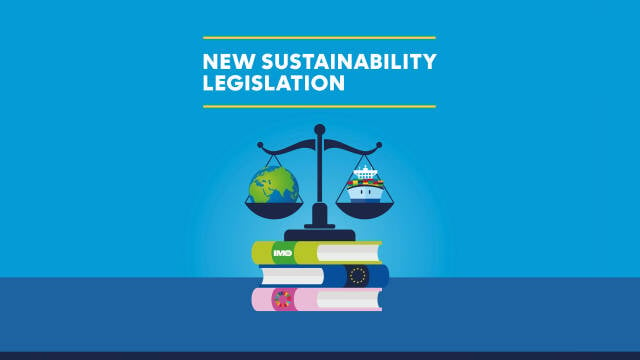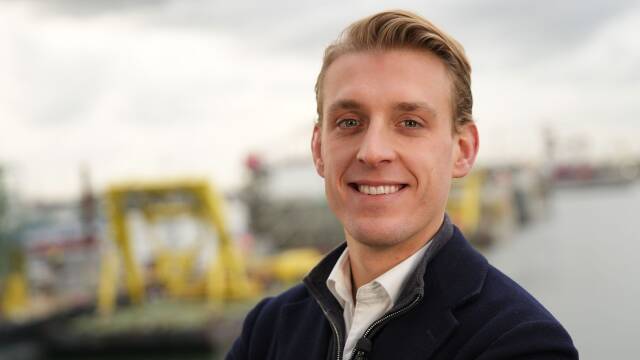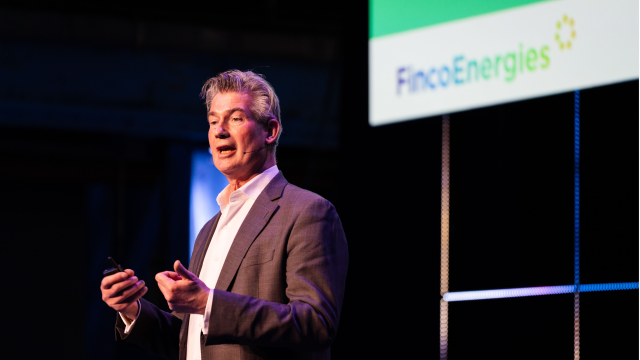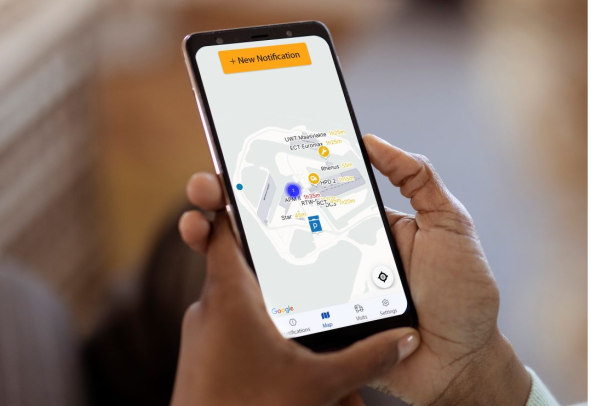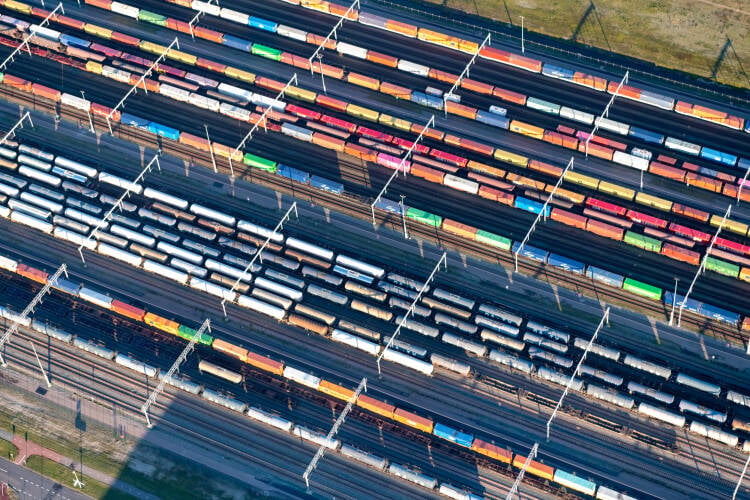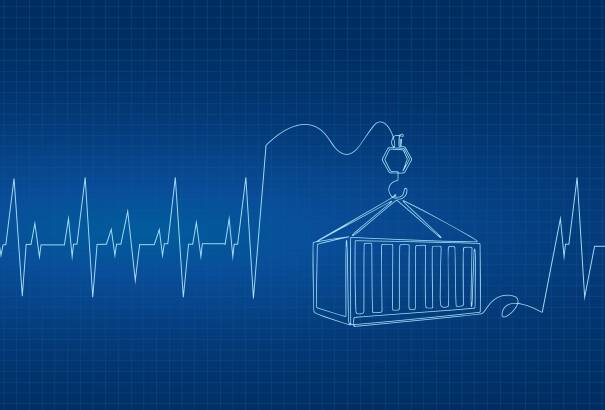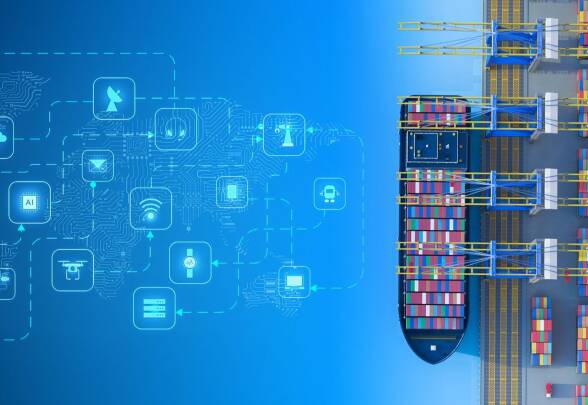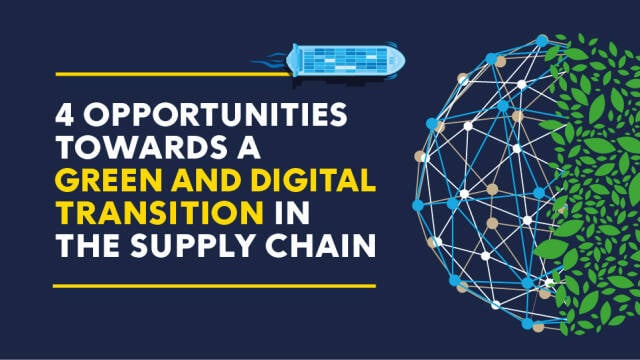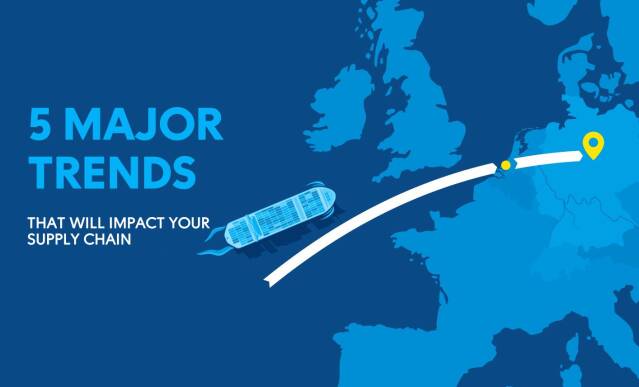Scroll down
The supply chain of the future is one that is sustainable and efficient. As decision-makers in this chain, shippers and freight forwarders are key.
Supply chain
of the future
Did we pique
your interest?
Building a CO2 neutral and efficient logistics chain? Yes. But what are the possibilities that exist today? And what are the standout examples leading the way? Join us in the Supply Chain Talks podcast series, along with Sofie van den Enk and experts from the container industry. In this series we'll explore how leading companies have reduced CO2 emissions by focusing on reduce, replace and rethink, within their supply chain.
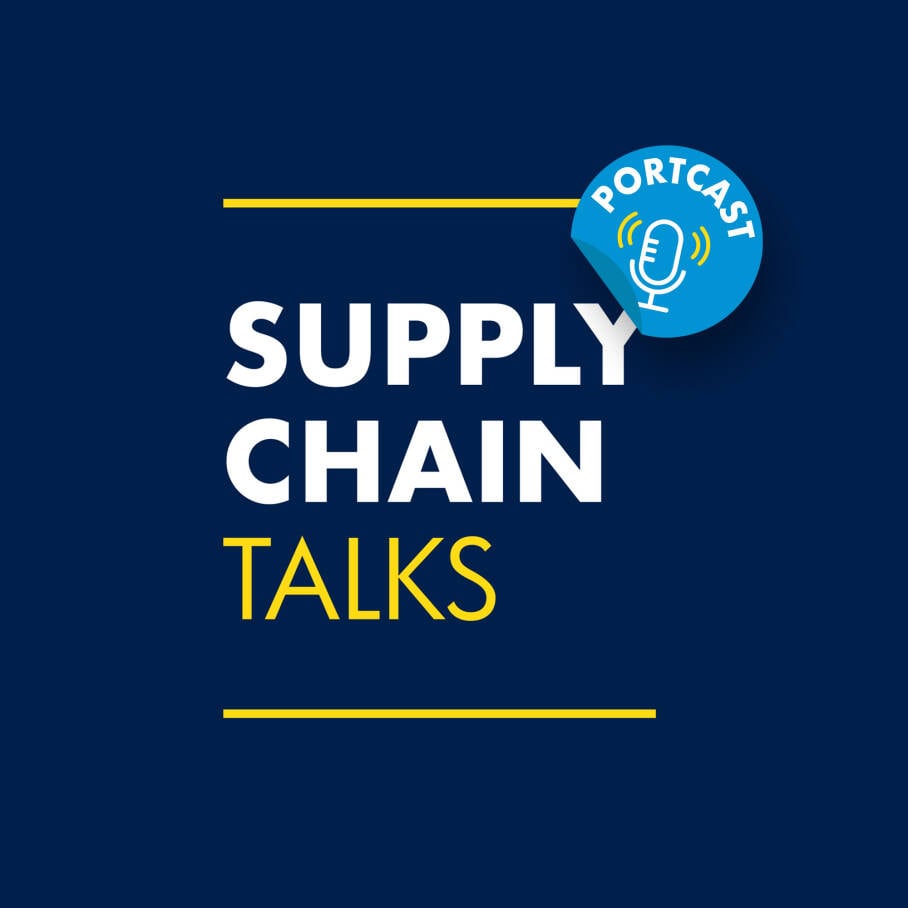
Portcast
The Port of Rotterdam Authority is entering talks with two chain parties about making their supply chains more sustainable and how the concept of insetting can be applied as part of that process. To achieve this, we are in discussions with short sea shipping company Samskip and FincoEnergies’ insetting provider GoodShipping.
Sustainable supply chains via insetting
In today's rapidly changing world, we are continuously learning with our partners. Innovative technology, data, and digitalisation are essential for this transition. These advancements optimise supply chains, enhancing efficiency and resilience.
Optimising supply chains through digitalisation
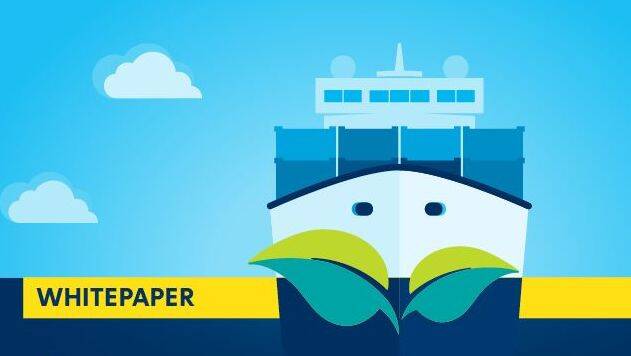
White papers
We explain how this works in our series of Supply Chain Talks, where we hear what the port's stakeholders have to say. Do a deep dive into these subjects with the following white papers, videos and podcasts, which zoom in on the developments and challenges in today’s supply chain. Stay up to date with supply chain developments by subscribing to our Supply Chain Talks mailings. Or visits one of our live Supply Chain Talks at TLM.
We cannot achieve this CO2-neutral and efficient supply chain alone. Cooperation between all parties along the value chain is essential. The Port of Rotterdam Authority is committed to this transition, which goes beyond the port.
For a sustainable and future-proof world, we must work towards a CO2-neutral society. Making transport and logistics more sustainable is an important element, and also one of the biggest challenges. The container market will continue to grow in the coming decades due to population growth and the expected increase in consumption. Rotterdam aims to facilitate this growth, but in a sustainable, an efficient and a data-driven way.
Supply chain
of the future
The supply chain of the future is one that is sustainable and efficient. As decision-makers in this chain, shippers and freight forwarders are key.
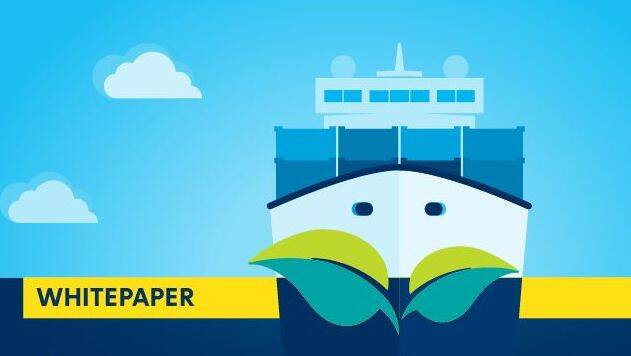
Did we pique your interest?
Building a CO2 neutral and efficient logistics chain? Yes. But what are the possibilities that exist today? And what are the standout examples leading the way? Join us in the Supply Chain Talks podcast series, along with Sofie van den Enk and experts from the container industry. In this series we'll explore how leading companies have reduced CO2 emissions by focusing on reduce, replace and rethink, within their supply chain.
Portcast
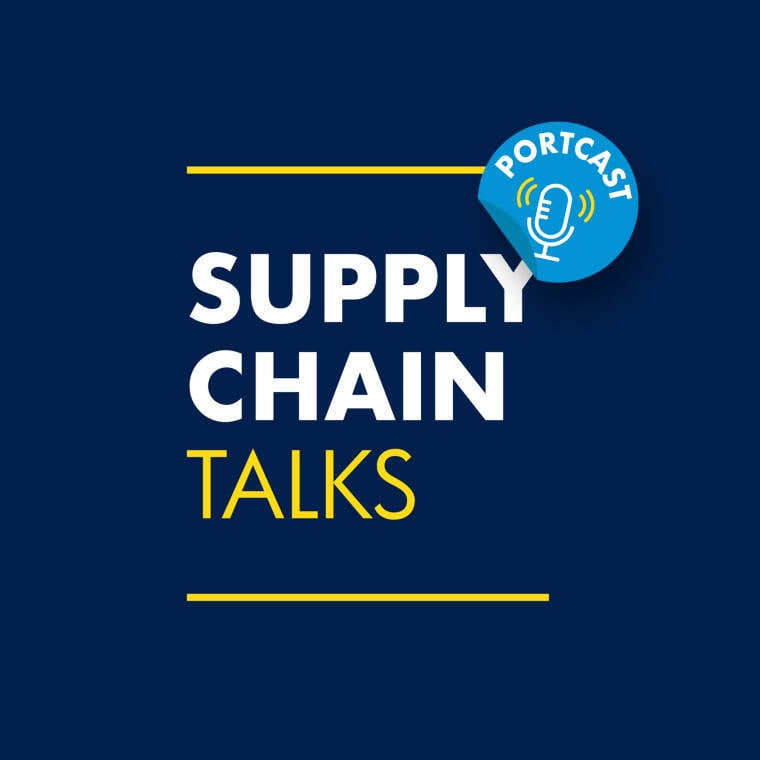
The Port of Rotterdam Authority is entering talks with two chain parties about making their supply chains more sustainable and how the concept of insetting can be applied as part of that process. To achieve this, we are in discussions with short sea shipping company Samskip and FincoEnergies’ insetting provider GoodShipping.
Sustainable supply chains via insetting
In today's rapidly changing world, we are continuously learning with our partners. Innovative technology, data, and digitalisation are essential for this transition. These advancements optimise supply chains, enhancing efficiency and resilience.
Optimising supply chains through digitalisation
White papers
We explain how this works in our series of Supply Chain Talks, where we hear what the port's stakeholders have to say. Do a deep dive into these subjects with the following white papers, videos and podcasts, which zoom in on the developments and challenges in today’s supply chain. Stay up to date with supply chain developments by subscribing to our Supply Chain Talks mailings. Or visits one of our live Supply Chain Talks at TLM.
We cannot achieve this CO2-neutral and efficient supply chain alone. Cooperation between all parties along the value chain is essential. The Port of Rotterdam Authority is committed to this transition, which goes beyond the port.
For a sustainable and future-proof world, we must work towards a CO2-neutral society. Making transport and logistics more sustainable is an important element, and also one of the biggest challenges. The container market will continue to grow in the coming decades due to population growth and the expected increase in consumption. Rotterdam aims to facilitate this growth, but in a sustainable, an efficient and a data-driven way.
